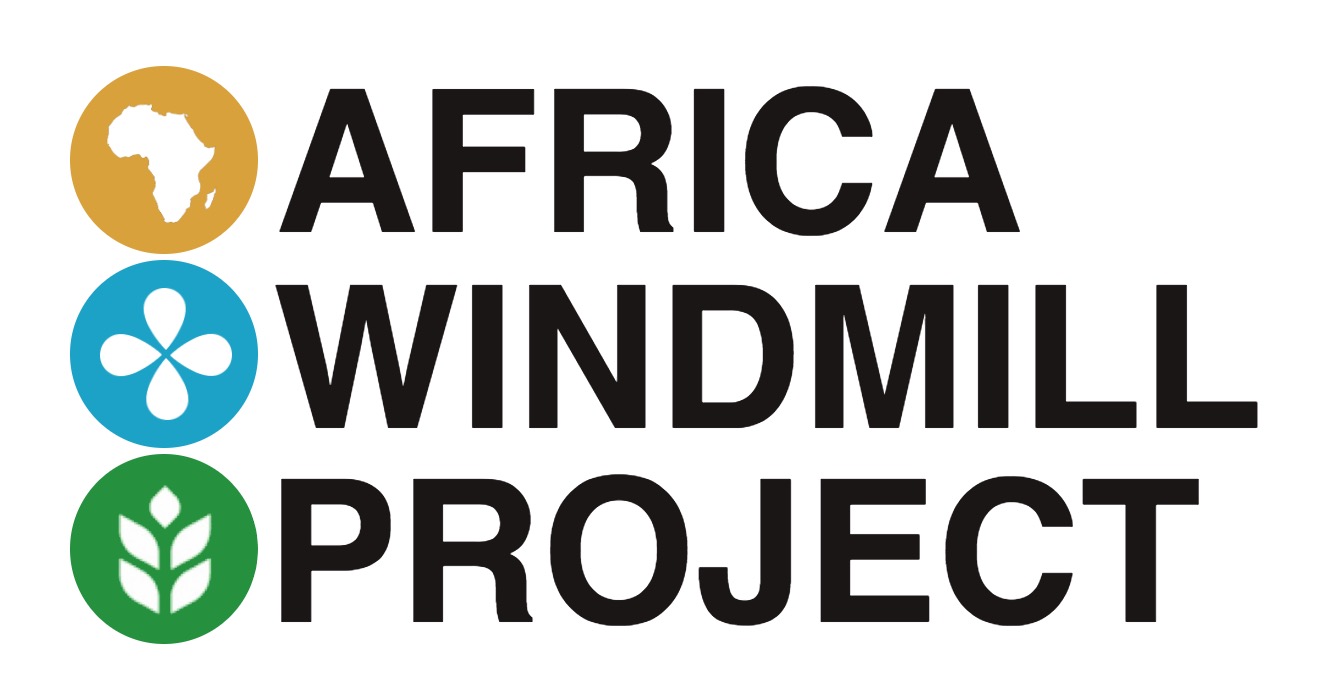What does irrigation farming have to do with classes in household finance? Everything!
It takes more than a pump or windmill to make irrigation farming work. Farmers who adopt irrigation farming may never have had enough disposable income to make basic choices about saving and spending before. Even with a bucket — Farmers with sustainable agriculture education can begin to thrive!
AWP’s training clubs help farmers learn a whole range of skills they need to make irrigation farming profitable:
Calculating annual household food requirements, providing their families with a balanced diet, saving in advance toward farming inputs, running irrigation farming as a business, and managing resources without waste are some of the trainings families receive.
It's lessons like these that enable farmers like Joseph and Napilira Undi, members of the Africa Windmill Project irrigation farming club at Lombwa, to raise their families out of poverty. Five years ago, the Undis made a meager living brewing beer, but every year from October to March they had barely enough food to feed their children. By the time they had been in the AWP farming club for two years, irrigation farming had become the family’s main income generating activity.
Following best crop and household finance management practices they learned from the club, they now grow at least 10 kilograms of seed maize every irrigation season and purchase 8 bags of fertilizer from profits of other crops. As a result, during the rainy season last year they harvested 300 bags of maize from their own small plot and others that they rent. The proceeds have enabled them to diversity their income sources. They have bought cows and even an oxcart, which they not only use to transport manure and crops during harvest, but also hire out to the community for additional income.
For the Undis, Africa Windmill Project trainings have made the difference between being food insecure and food secure.
You can make an impact today! www.africawindmill.org



